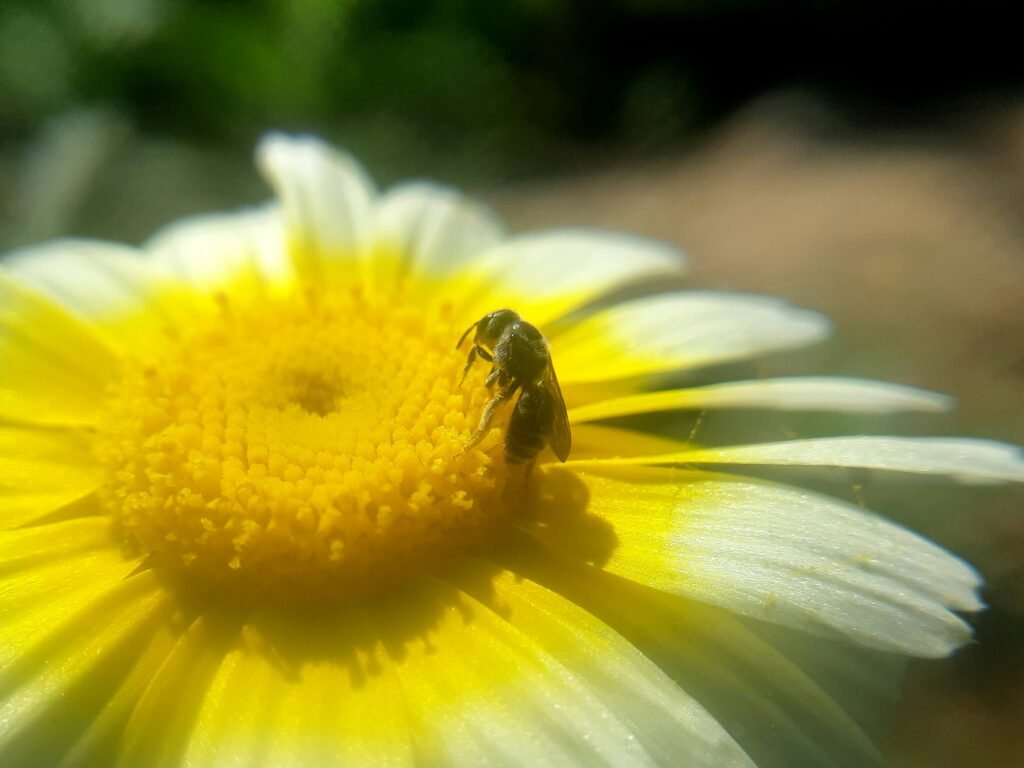
Understanding Urban Beekeeping
Urban beekeeping has emerged as a remarkable trend in recent years, gaining widespread popularity among city dwellers who are increasingly seeking ways to engage with nature and promote sustainability. This practice involves maintaining honeybee colonies within urban environments, which can range from rooftop gardens to community plots. The significance of urban beekeeping extends beyond mere hobby; it plays a crucial role in fostering biodiversity and supporting local ecosystems that may otherwise be diminished by concrete landscapes.
One of the primary benefits of urban beekeeping is its contribution to pollination. Bees are vital pollinators, responsible for the reproduction of many plants, including fruits, vegetables, and flowers. By introducing hives in cities, beekeepers enhance the local food supply and contribute to healthier urban green spaces. Furthermore, urban beekeeping promotes awareness about environmental issues, encouraging residents to consider sustainable practices and the importance of biodiversity conservation.
Despite common misconceptions, urban beekeeping is accessible and can be safely practiced even in densely populated areas. Many individuals hesitate to engage with bees, fearing stings or assuming that beekeeping requires vast amounts of space or specialized knowledge. However, education and guidance are increasingly available from local beekeeping associations. With proper management and understanding, urban beekeeping can be conducted in a manner that minimizes risks and maximizes the positive impact on the community.
Additionally, urban beekeeping tends to cultivate a sense of community as individuals come together to share knowledge, resources, and produce. The honey harvested is often unique in flavor, reflective of the diverse flora found in cities. This special connection between local beekeepers and their surrounding environment reinforces the value of maintaining hives in urban settings.
Getting Started with Your Urban Hive
Embarking on the journey of urban beekeeping is an exciting endeavor that requires careful planning and consideration. The first step in getting started with your urban hive is to choose the right location. The ideal site should be a place that receives ample sunlight, has shelter from strong winds, and is away from high foot traffic areas. Ensuring that the hive is situated at least 10 feet away from neighboring properties can help to alleviate any concerns neighbors may have. Additionally, gardens or parks nearby can provide bees with better access to diverse and plentiful forage.
Understanding local regulations and permits is also vital before establishing your hive. Many cities have specific guidelines regarding beekeeping, such as the number of hives permitted and necessary registration. Familiarizing yourself with these regulations can prevent any legal issues down the line and contribute to responsible beekeeping practices. Be sure to reach out to local beekeeping associations or resources to gather comprehensive information tailored to your area.
Selecting the appropriate bee species is another essential consideration. While honeybees are the most common choice for urban beekeeping due to their honey production and pollination capabilities, it’s important to consider other species such as native bees that may be better suited for specific urban environments. Once you’ve decided on the bee species, acquiring necessary equipment such as a hive, protective gear, and tools is crucial. Beginners might find it beneficial to invest in a complete starter kit to ensure they have all the essentials.
Caring for bees in an urban setting presents unique challenges and rewards. Urban beekeepers must be attuned to seasonal changes and the impacts of city life on bee behavior and health. An attentive approach to hive management will certainly enhance the experience of harvesting honey and observing the vital role bees play in promoting local plant life. Starting your hive in the city not only contributes to biodiversity but also fosters a deeper connection to nature and community.